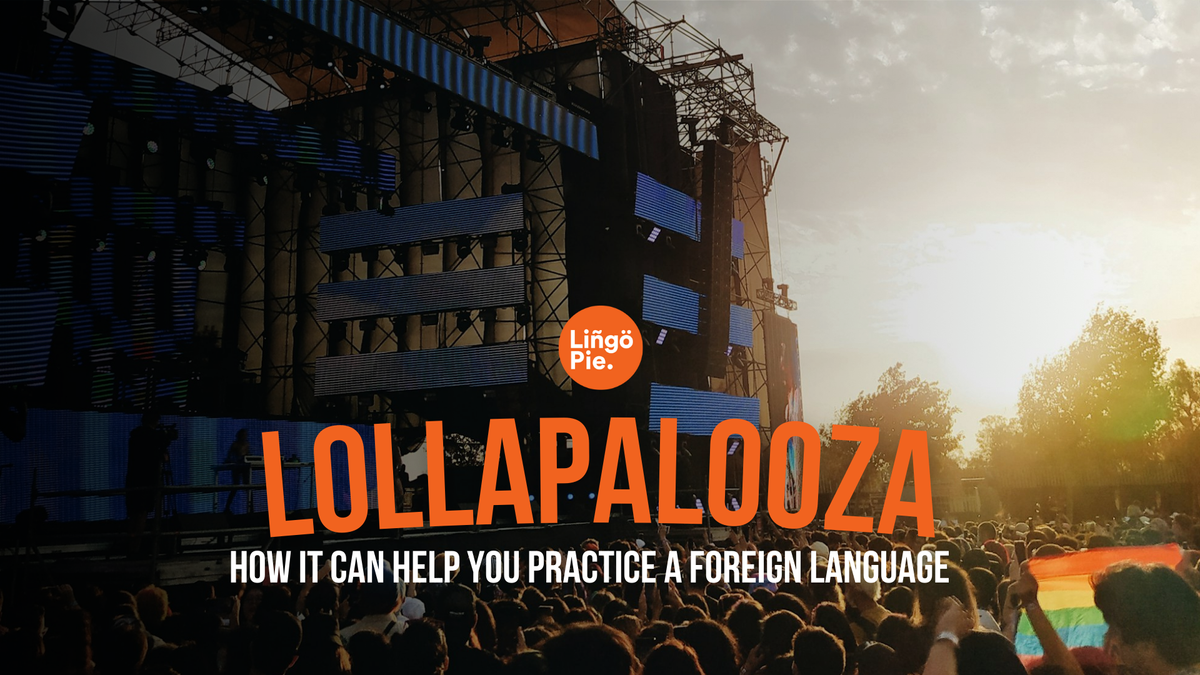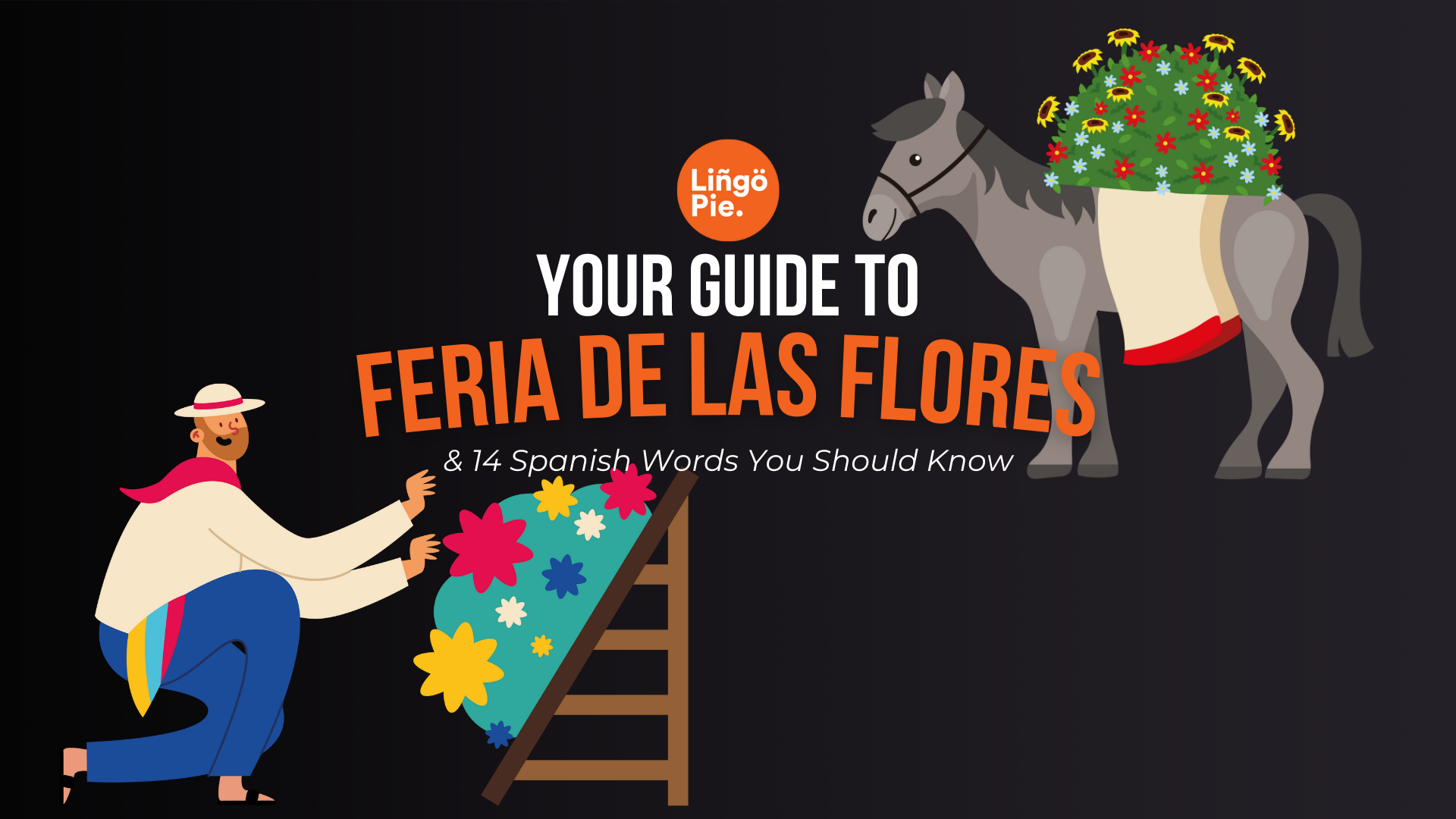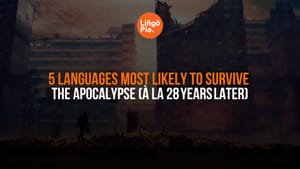Lollapalooza, one of the world's most iconic music festivals, is more than just a celebration of music, art, and culture. Over the past two decades, it has grown from a small tour into a global phenomenon, attracting millions of attendees from diverse cultural backgrounds. As a melting pot of languages and traditions, Lollapalooza offers a great opportunity for cultural immersion, making it an ideal setting for exercising your communication skills in a foreign language.
Table of Contents
At Lollapalooza, you can meet people from around the world and enjoy international artists' music. These experiences can help you improve your language skills in ways that cannot be achieved in a classroom. Therefore, in this article, we'll explore how attending Lollapalooza can be a fun and effective way of improving your foreign language skills, offering tips and insights to make the most of your festival experience.

Brief History of Lollapalooza
Perry Farrell, the lead singer of Jane's Addiction, founded the Lollapalooza festival in 1991. Originally conceived as a farewell tour for Farrell's band, the festival quickly evolved into a touring event that showcased alternative rock, punk rock, and hip-hop artists. Its early years were marked by a roving nature as it traveled across North America, bringing a mix of music and art to several cities.
Throughout the 1990s, Lollapalooza became a cultural phenomenon known for its diverse lineup and the inclusion of non-musical attractions such as art exhibits, food vendors, and political activism booths. However, in the late 1990s, the festival's popularity waned, leading to its cancellation in 1998.
Lollapalooza's Evolution
After a brief hiatus, Lollapalooza made a significant comeback in 2003. Its transformation into a destination festival in 2005, with a permanent home in Chicago's Grant Park, marked a pivotal shift. This change allowed the festival to expand its scale and reach, accommodating a larger audience and offering a more immersive experience. Today, Lollapalooza stands as one of the most prominent music festivals in the world, renowned for its diverse lineup that includes top-tier artists across various genres, from rock and electronic music to hip-hop and pop.
Its success in Chicago paved the way for its global expansion. The festival has since established international editions in several major cities, including Berlin, São Paulo, Brazil, Buenos Aires, Paris, France, and many others.
Each festival edition adapts to its host city, incorporating local artists and cultural elements. Lollapalooza's international influence is evident in its ability to attract many global artists, making it a melting pot of musical talents and genres. Fans have the opportunity to enjoy performances by internationally acclaimed musicians alongside emerging local artists, creating a unique and eclectic lineup that appeals to a broad audience.

The Connection Between Music Festivals and Language Learning
Cultural immersion is one of the most effective methods for learning a foreign language. It involves surrounding yourself with the language to mimic how native speakers use it in everyday life. This method helps with vocabulary and grammar while allowing you to understand the cultural context in which the language is used.
Music festivals, like Lollapalooza, offer a powerful immersive experience. Unlike traditional classroom settings, these festivals provide an environment where you can hear and practice the language in a dynamic atmosphere. The combination of live music, cultural activities, and international visitors creates a setting where language learning becomes a natural part of the experience.
Attending a music festival like Lollapalooza opens up numerous opportunities for communication and practice in a foreign language. One of the most significant advantages is the interaction with international attendees. Festivals attract people from all over the world, creating a melting pot of languages and cultures. This diversity allows you to engage in conversations with native speakers and fellow language learners, improving your speaking and listening skills.
The performances at music festivals expose you to different languages. Artists often sing in their native languages, allowing you to hear linguistic expressions from around the world.
Conversations with fellow festival-goers provide practical language practice. The informal and friendly environment of a festival encourages spontaneous conversations, making it easier to overcome any anxiety about speaking a foreign language.
Music Festival-Related Vocabulary
Going to a music festival is exciting, but it can be confusing if you're not familiar with the terms used. To help you make the most of your festival experience, we've put together a list of common words you'll hear at the event so you can get to know them beforehand.
How to Make the Most of Music Festivals as a Language Learner?
Before the festival, take the time to learn basic vocabulary and phrases that might be helpful, such as directions, greetings, and common questions. Familiarize yourself with local slang or colloquial expressions often used in these settings. Language learning apps can help improve your speaking and listening skills.
During the festival, engage with multilingual signage and information. Pay attention to signs, maps, and guides available in multiple languages, and try to understand and translate these resources without relying on your native language.
Be proactive in starting conversations with international attendees by introducing yourself. Don't be afraid to make mistakes; native speakers often appreciate the effort.
After the festival, try to stay in touch with new friends by exchanging contact information and continuing to practice the language through messaging or calls.
Keep an open mind and be curious about everyone you meet. Maintaining a positive attitude and being patient with yourself is key, as language learning can be challenging, especially in a fast-paced environment.

FAQs About Lollapalooza
1. How Can I Buy Tickets for Lollapalooza?
You can buy tickets for Lollapalooza through the official festival website or authorized ticket vendors. Tickets are usually available in several tiers, including general admission, VIP, and platinum packages. Early bird tickets sell out quickly, so buying them as soon as they go on sale is best.
2. What Should I Bring to Lollapalooza?
You must bring your wristband ticket for entry. Also, bring your ID, comfortable clothing, empty refillable bottles, sunscreen, and a hat to protect yourself from the sun.
3. Are There Age Restrictions for Lollapalooza?
Lollapalooza is an all-ages event, but children under a certain age may get in free with a ticketed adult (age policies may vary by location). There are also designated areas and activities for younger attendees, ensuring a family-friendly environment.
4. Can I Bring Food and Drink to Lollapalooza?
Outside food and drinks are typically not allowed on the festival grounds except for certain dietary or medical needs. However, plenty of food and beverage vendors offer a variety of options inside the festival.
5. What Kind of Music Is Played at Lollapalooza?
Lollapalooza features a wide range of music genres, including rock, hip-hop, electronic, pop, indie, and more. The lineup includes a mix of well-known headliners and emerging artists catering to diverse musical tastes.
Final Conclusions
Lollapalooza is a great chance to practice a foreign language. By preparing in advance, actively participating during the festival, and continuing your practice afterwards, you can turn this cultural event into a valuable language-learning experience.
Festivals like Lollapalooza offer the opportunity to experience different cultures and languages, which helps make language practice more enjoyable and natural. These events bring together people from around the world, providing a setting for real-life conversations and cultural exchanges.
To improve your language skills further, try Lingopie. It's a fun and effective tool for learning through movies and TV shows in your target language. Combining festival experiences with innovative learning tools can make your language-learning journey even more enjoyable and effective.









